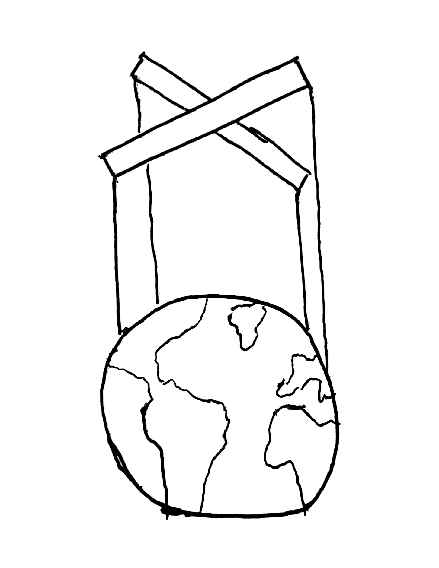
on existentialism and making the jump (5/2)
Perhaps the most fascinating school of philosophy, and one of immense popularity amongst young people, is that of existentialism: a school claiming, essentially, that the world itself has no purpose. There’s no predetermined purpose as to why things are the way they are, why we have political systems, or even why people choose to write for a living.
What it does say, however, is that as individuals, we can find that purpose for ourselves. We can make the choices we want to make. We can find the purpose that we so desperately search for, despite how messy or cruel or immoral the external world may be. “Existence precedes essence,” Sartre says – we have to live before we’re revealed to ourselves.
Brad Katsuyama, CEO of the Investors Exchange (IEX) and main character of Michael Lewis’ Flash Boys, certainly came to learn this. Starting at 24, Katsuyama worked on Wall Street for RBC for over a decade before he abruptly quit. He had lived, worked, and advocated for his corporate career for years until he reached the conclusion that would change his life – he was working in the most unfair industry on the planet.
“There’s a difference between choosing a crusade and having it thrust on you,” Katsuyama would say in Flash Boys. Even now, he still wonders how he did it. How he quit his $500,000 a year job. How he poured millions of dollars into a mutual fund that, by all means, had no chance of success.
But he knows why he did it. The problem of millions upon millions of Americans being scammed out of their money was thrust upon him, and he looked too closely to turn a blind eye.
He hadn’t chosen to scam them. In every way, Katsuyama was probably the most moral man on Wall Street. But it took hold of him, gnawed at him until he took action.
Jean-Baptiste Clamence, the protagonist from Camus’ The Fall faces a similar predicament, recounting an incident in which he tragically witnessed a woman jump off a bridge, yet failed to save her. His crusade was still thrust upon him, but unlike Katsuyama, he chose not to act. An opportunity for redemption was presented, but his inaction proved more decisive than his action.
And, like Katsuyama, it began to poke at him. He never seemed to get past that night, that mark he stained upon himself.
“Too many people climb onto the cross merely to be seen from a greater distance,” he says. What Clamence refuses to understand is that being seen from a greater distance is not a reflection of his action, but one of the world around him. It shouldn’t matter how the world reacts if the situation is thrust upon us. We don't choose to be heard by thousands of ears, we choose to talk. We don’t choose to be read by millions of eyes, we choose to write.
Katsuyama’s “thrust-upon crusade” and Clamence’s fateful inaction aren’t unique. They may stand as poignant testaments to our decisions, but they’re not isolated incidents. We’re all burdened by ourselves, our choices, our injustices. We’re all weighed down by our conscience, pressuring us to act or not.
The true test of existentialism isn't finding purpose in a meaningless world – it’s about acting on it.
And sometimes, in a world with no applause, no rewards, only the image of our reflection, the act itself is the only applause we need.